Is Your Cloud Storage Secure? What Every Small Business Needs to Know
If you're a solo entrepreneur or small business owner, chances are you rely on cloud tools like Google Drive, Dropbox, Notion, or OneDrive to store client files, financial documents, contracts, and day-to-day business materials. These platforms are convenient, accessible, and built for collaboration—but without proper setup, they can become a major security risk.
Let’s face it: if someone got access to your cloud drive, how much damage could they do? For most small business owners, the answer is… a lot.
☁️ Why Cloud Tools Can Be a Hidden Risk
While platforms like Google or Microsoft have strong built-in security, many breaches happen because of:
Weak or reused passwords
Publicly shared links with sensitive data
Former employees or contractors still having access
Lack of two-factor authentication
Unlike a lost flash drive, cloud breaches can go undetected for months, and attackers can silently copy or share files without your knowledge.
✅ 5 Ways to Lock Down Your Cloud Storage
1. Turn On Two-Factor Authentication (2FA)
This is the easiest, most effective way to secure your cloud accounts.
Google Drive / Gmail: Enable 2FA under Google Account Settings
Dropbox / OneDrive / Notion: All support 2FA—use an authentication app for better security than SMS
Pro tip: Secure your recovery email and phone number too
2. Audit Shared Links and Permissions
Go through your cloud storage and review:
What documents are shared publicly or “Anyone with the link”
Who has edit vs. view access
Old clients or collaborators who may still have access
🧹 Clean up shared links regularly—especially for contracts, invoices, or financial docs.
3. Use Strong, Unique Passwords
This can’t be said enough: if your Google or Dropbox password is the same as your Instagram or email login, you’re vulnerable.
Use a password manager (like 1Password or Bitwarden) and avoid the temptation to “just reuse one you can remember.”
4. Secure Your Devices
Cloud tools sync across your phone, laptop, and tablet. If someone steals your device or it gets infected with malware:
They may gain instant access to synced files
They can install malicious apps that monitor activity
🔐 Use device encryption, automatic lock screens, and antivirus software where applicable.
5. Avoid Using Personal Accounts for Business
It’s common to use a personal Gmail or Dropbox account for business early on, but it’s not ideal long term.
You can’t control user access or separate personal from business data
It’s harder to enforce permissions or comply with privacy best practices
💡 Create a dedicated business account with a custom domain if possible.
⚠️ Common Cloud Security Mistakes
Leaving old client folders publicly accessible
Storing tax info or financial spreadsheets with no password protection
Using unsecured Wi-Fi to access cloud platforms without a VPN
Never checking your platform’s security settings
🔒 Final Thoughts
Cloud tools are incredible for productivity, but they deserve the same level of protection as your bank or bookkeeping software. A few quick changes—like turning on 2FA and auditing your shared links—can go a long way in protecting your business and your clients.
At Security Balanced, we help small businesses and solo entrepreneurs take control of their digital tools without needing to be tech experts. We’ll help you secure what matters most—calmly, clearly, and with zero jargon.
📣 Want a quick review of your cloud security setup?
Book a free cyber healthcheck and we’ll identify your top risks—and how to fix them fast.

